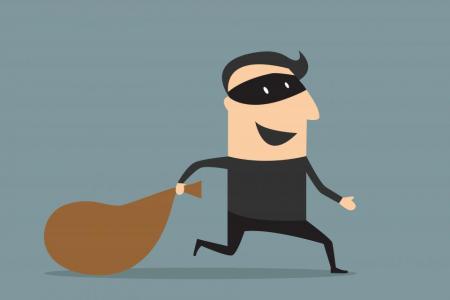What To Do If You’ve Fallen for a Bank-Related Email Scam
While it’s never wise to click an email link without knowing the source, the fact is scammers are becoming more and more sophisticated in their phishing attacks. According to Statistica, in Q1 of 2024 nearly one million unique Phishing attack sites were identified. Even the most vigilant consumers can sometimes slip up and fall for one of these impersonations. If you find yourself in this situation, there are a few things you should do to prevent further harm.
First, if you’ve entered any information like username or password into a fake site, you should immediately change your password. If you fail to do this, scammers may be able to log in to your account and lock you out. To be safe, you may also want to change any other passwords you have stored on your computer, especially if you downloaded anything to your computer from the fake link. This may have infected your computer with malware that allows scammers to steal information.
The next thing you should do is contact your bank by calling the number on the back of your card. North Country Savings Bank’s customer service team can be reached at (888) 737-4795. The bank may be able to take preventative measures like shutting off your card before fraud can be committed. If the scammers have already accessed your finances and stolen funds, you should also contact your local police station and file a police report.
Lastly, you should file a complaint with the Federal Trade Commission or call 1-877-FTC-HELP (382-4357). Reporting bank fraud provides valuable information to the agencies tracking this type of activity and can help prevent fraud from happening to others. Many victims of email fraud feel embarrassed at being duped, but fraudsters want you to feel this way, so you’ll remain quiet. Don’t let them keep you silent—speak up and take back control of your information.
For more information on preventing or dealing with email and website bank fraud, visit banksneveraskthat.com.







